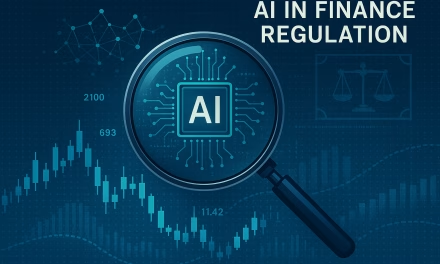June 25, 2025, highlights the tangible and practical benefits that Artificial Intelligence is bringing to the financial services sector. Beyond theoretical discussions, AI is now deeply embedded in core financial operations, particularly in areas like payment automation and fraud detection, delivering measurable improvements in efficiency and security.
Recent reports indicate a significant shift, with 63% of CFOs stating that AI has made their payment automation processes significantly easier, marking a 23% increase from 2024. This underscores AI’s role in streamlining complex financial workflows, reducing manual effort, and accelerating transaction speeds. Similarly, nearly 60% of CFOs report that AI has made fraud detection significantly easier, fortifying financial systems against increasingly sophisticated cyber threats.
The adoption of AI is also evident in strategic personnel moves within the industry. Danske Bank’s appointment of a Chief AI Officer and Tradeweb’s hiring of a Head of Artificial Intelligence signal a clear commitment to integrating AI at the highest levels of financial leadership. These roles are crucial for overseeing the expansion of AI into areas like dealer selection, analytics, and price discovery workflows, further enhancing operational capabilities.
Furthermore, the financial technology infrastructure space continues to attract significant investment, with companies like LanceDB raising substantial funding for multimodal AI data infrastructure. This reflects the ongoing need for robust underlying technologies to support the growing demands of AI applications in finance.
The developments on June 25, 2025, demonstrate that AI is no longer a futuristic concept in finance but a present-day reality. Its practical applications are not only boosting productivity and efficiency but also strengthening the security and resilience of financial systems, paving the way for a more automated, secure, and intelligent financial future.





